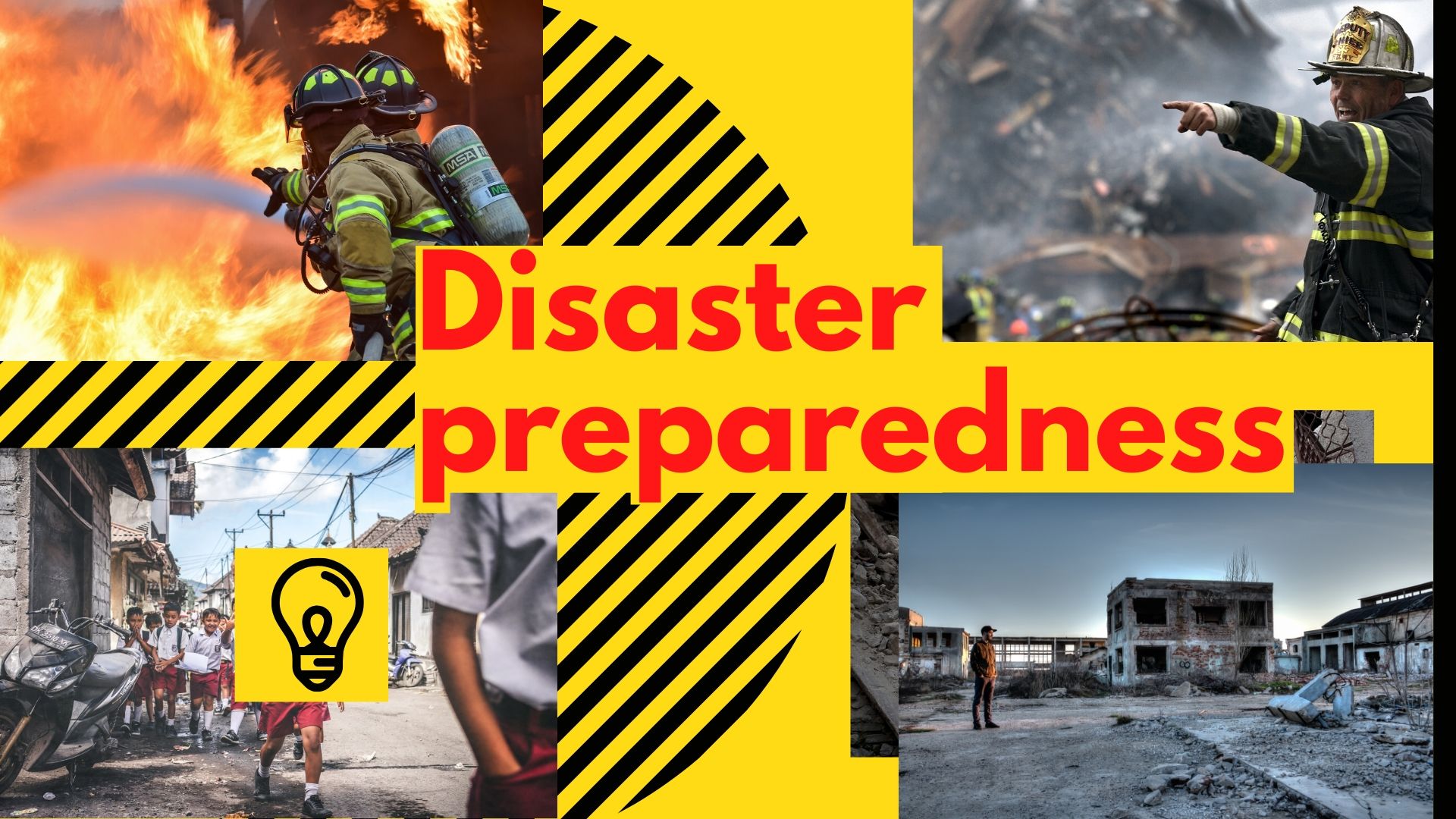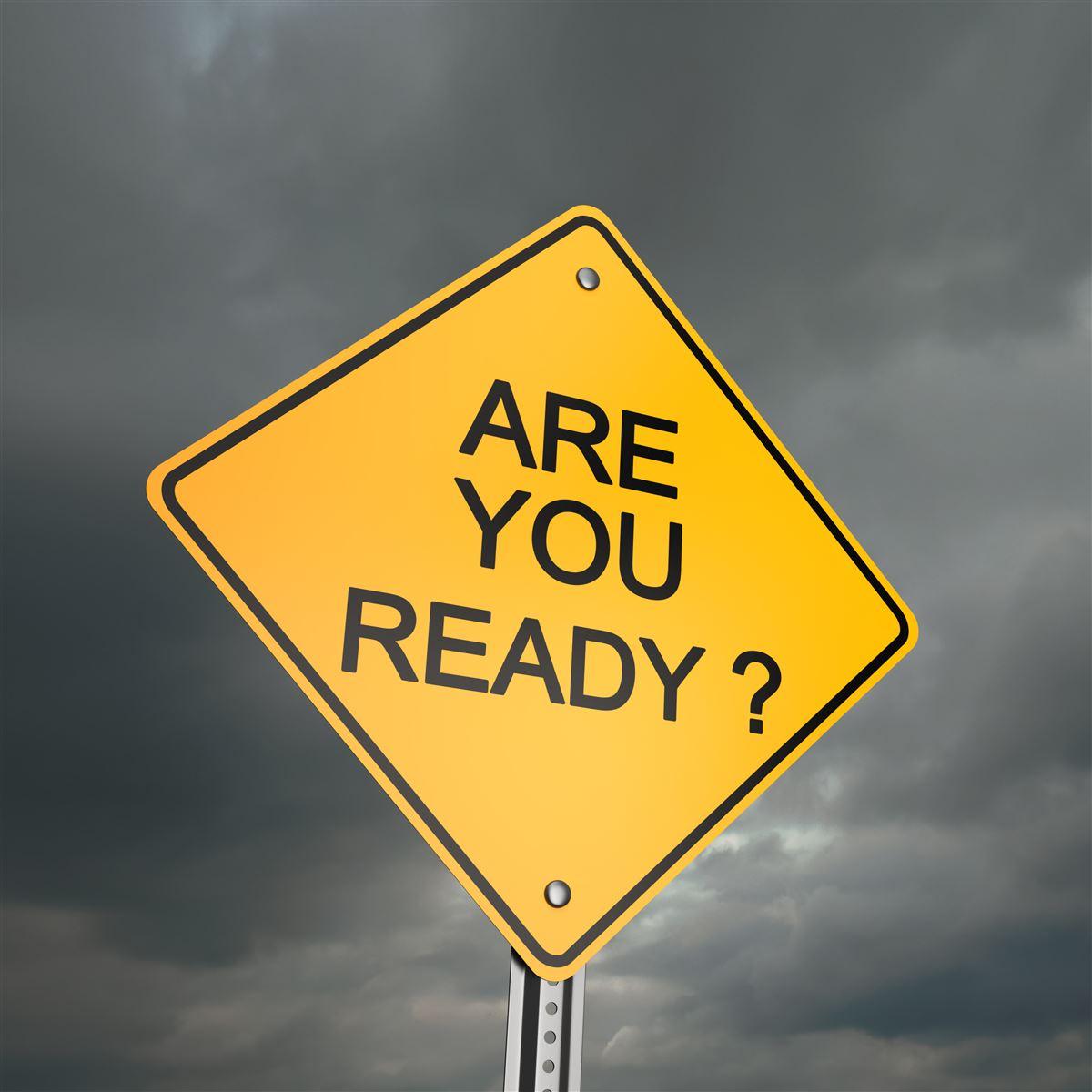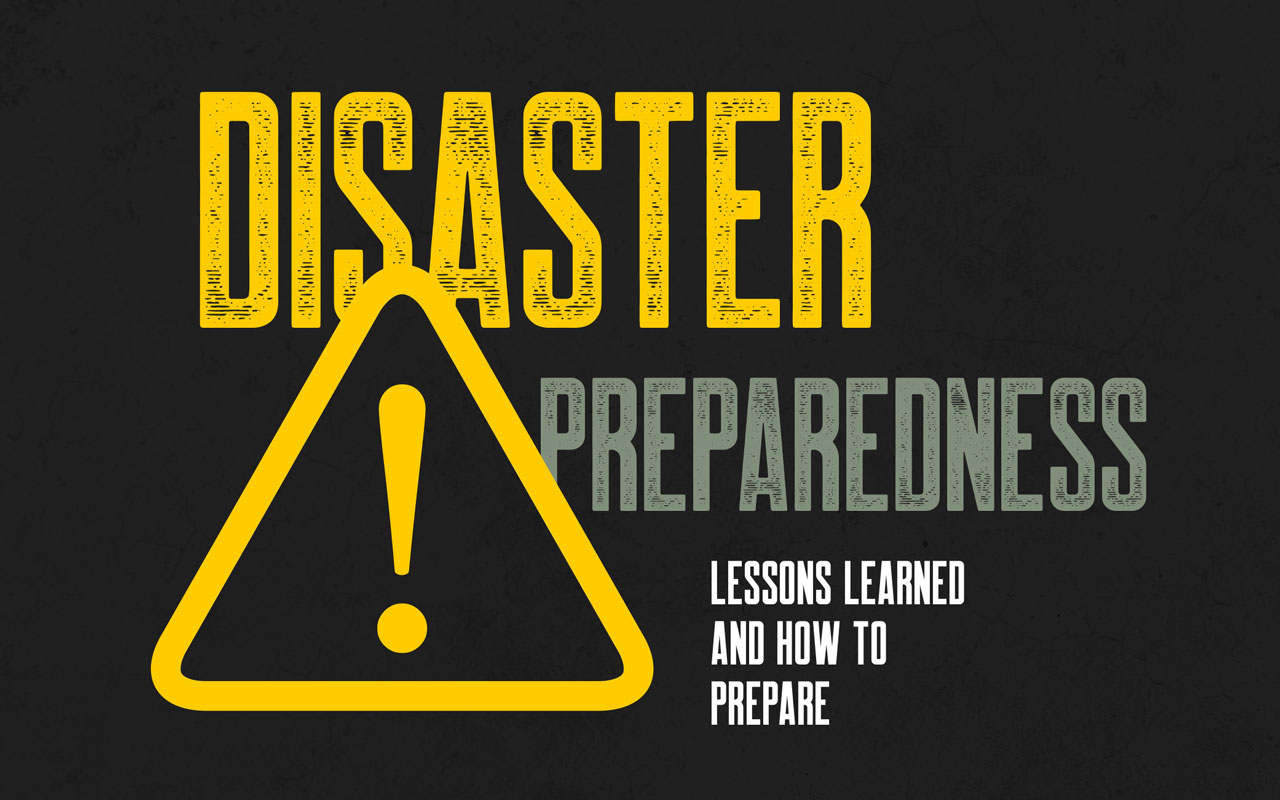In an era where natural disasters strike with alarming frequency and intensity, the importance of preparedness cannot be overstated. Enter simulation games, a unique realm where players navigate crises that mimic real-life disasters.
From managing resources in a flooded city to strategizing survival in an apocalyptic landscape, these games offer more than just entertainment—they serve as powerful learning tools. Players are thrust into chaotic scenarios, challenging them to think critically, act swiftly, and make decisions under pressure.
Through the lens of immersive gameplay, they absorb vital lessons about resilience, collaboration, and the imperative of planning. As they forge their paths through digital mayhem, what can they glean that extends beyond the screen? The insights gained from these intricate simulations may very well provide the keys to facing real-world calamities with a fortified mindset.
Understanding the Role of Simulation Games in Education

Simulation games serve as a dynamic platform for immersive learning, particularly in the context of disaster preparedness. By mimicking real-world scenarios, these games engage players in critical decision-making processes that can enhance their understanding of emergency management principles. Imagine navigating a rapidly evolving earthquake response—players must allocate resources, prioritize tasks, and communicate effectively under pressure.
This interactive experience not only solidifies theoretical knowledge but also cultivates vital soft skills like teamwork and adaptability. Moreover, the iterative nature of gameplay allows players to learn from mistakes, refining their strategies in a safe yet challenging environment.
Through this engaging medium, simulation games bridge the gap between classroom learning and real-life application, transforming players into informed citizens capable of responding effectively during crises.
Key Concepts of Disaster Preparedness Conveyed Through Gameplay

Simulation games serve as a dynamic canvas for illustrating the multifaceted nature of disaster preparedness, effectively immersing players in scenarios that demand critical decision-making and resource management. Through the lens of unpredictability, these games teach players the importance of quickly assessing risks—be it a natural disaster, a pandemic, or an unexpected crisis—while encouraging them to think strategically about limited supplies and time-sensitive choices.
For instance, navigating a simulated flood may require players to prioritize evacuations over resource gathering, highlighting the delicate balance between immediate safety and long-term survival. Furthermore, the interactive nature of gameplay fosters teamwork and communication, essential components when facing real-world emergencies.
As players confront simulated catastrophes, they gain insights into contingency planning, the significance of community networks, and the psychological nuances of panic management, encapsulating a holistic approach to preparedness that extends well beyond the screen.
Real-World Applications: How Game Mechanics Reflect Disaster Scenarios

Simulation games often serve as microcosms for real-world disaster scenarios, offering players a chance to navigate complex, high-stakes environments where decision-making can mean the difference between survival and failure. Imagine a city besieged by an unforeseen natural disaster: players strategize resource allocation, emergency response, and community engagement, mirroring the chaos and urgency faced by real-life responders.
The dynamic interplay of mechanics—like time management, risk assessment, and the unpredictability of random events—echoes the multifaceted nature of actual crises. From managing dwindling supplies in the aftermath of a hurricane to orchestrating rescue missions during an earthquake, these games challenge players to think critically and adapt swiftly.
Ultimately, they cultivate a deeper understanding of the intricate web of factors that influence disaster preparedness, emphasizing the importance of foresight and community resilience in the face of adversity.
Conclusion
In conclusion, simulation games offer invaluable insights into disaster preparedness, teaching players critical decision-making skills, resource management, and the importance of community collaboration during crises. As players navigate various scenarios, they become more aware of the complexities involved in disaster response, mirroring real-world events such as the Samarco barragem disaster, which underscored the consequences of inadequate planning and communication. By engaging with these immersive experiences, players not only enhance their problem-solving abilities but also cultivate a proactive mindset that is essential in reducing the impact of potential disasters.
Ultimately, the lessons learned from these virtual environments can empower individuals and communities to build resilience and respond effectively when faced with real-life emergencies.




